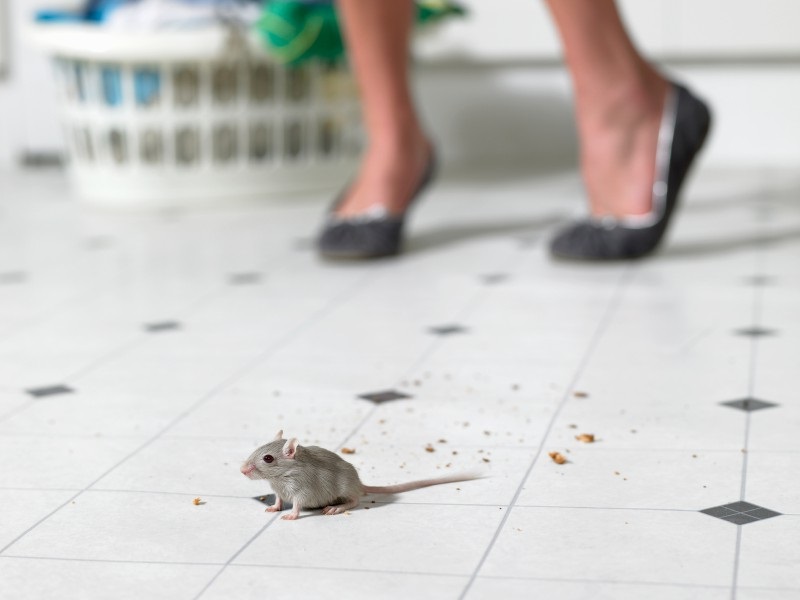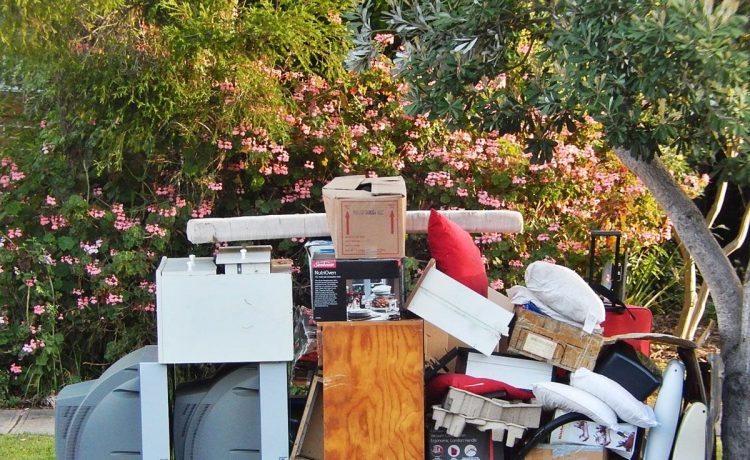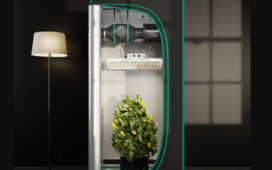When we talk about junk management, we most often hear the terms “junk recycling” and “junk disposal”. Many people think that “recycling” is the first thing we should focus on. However, the reality is much different. Many types of junk cannot be recycled at all, and most are still not profitable to recycle.
Did you know that only 9% of the world’s plastic junk has been recycled so far?
A small portion was burned, and most ended up in landfills and in the oceans. Therefore, recycling is not the solution for everyone. The most desirable, simplest and cheapest way of junk management is not to generate junk at all. You think that’s not possible? It is possible, and more and more people are opting for this way of life that we call “zero junk” or zero junk. Choose the junk removal northern virginia options also.
What is “zero junk”?
Simple answer: Zero junk means zero junk. The movement encourages the reuse of things or their conversion for other purposes. It also encourages composting and disposing of as few things as possible for recycling. This movement is committed to buying things that are absolutely necessary, organic or packaged in minimal packaging.
Complicated answer: Zero junk is working on redefining the system. The current junk management system is not sustainable and zero junk offers a solution for the future of the ecosystem. The modern system rests on the consumption of a large amount of resources where the surplus only piles up in landfills. The goal of this movement is to create a circular cycle in which junk is eliminated from existence. The circular economy imitates nature because there is no garbage in nature.
Zero junk emphasizes junk prevention. This approach aims to change the way materials pass through society. Zero junk not only focuses on reduction, reuse and recycling, it also focuses on restructuring production and distribution systems to reduce junk and also promotes the idea of redesigning products with minimal packaging junk. Zero junk supports sustainability by protecting the environment, reducing costs and creating additional jobs in junk management and disposal back into the system. The zero junk strategy can be applied to companies, communities, industrial sectors, schools, homes.
Here are some of the benefits of a zero junk strategy that proponents of the movement emphasize:
Saving money: Because junk is a sign of inefficiency, reducing junk can reduce costs.
Faster progress: The zero junk strategy improves production processes and environmental protection that can lead to various innovations.
Improved material flows: The zero junk strategy would use far fewer new raw materials. Any material junk would be returned to the system as recycled material or would be suitable for use as compost.
Health: prevents additional pollution and protects human health and protects the ecosystem.
Instead of discarding resources, zero junk is a concept in which all resources can be returned to the system.














